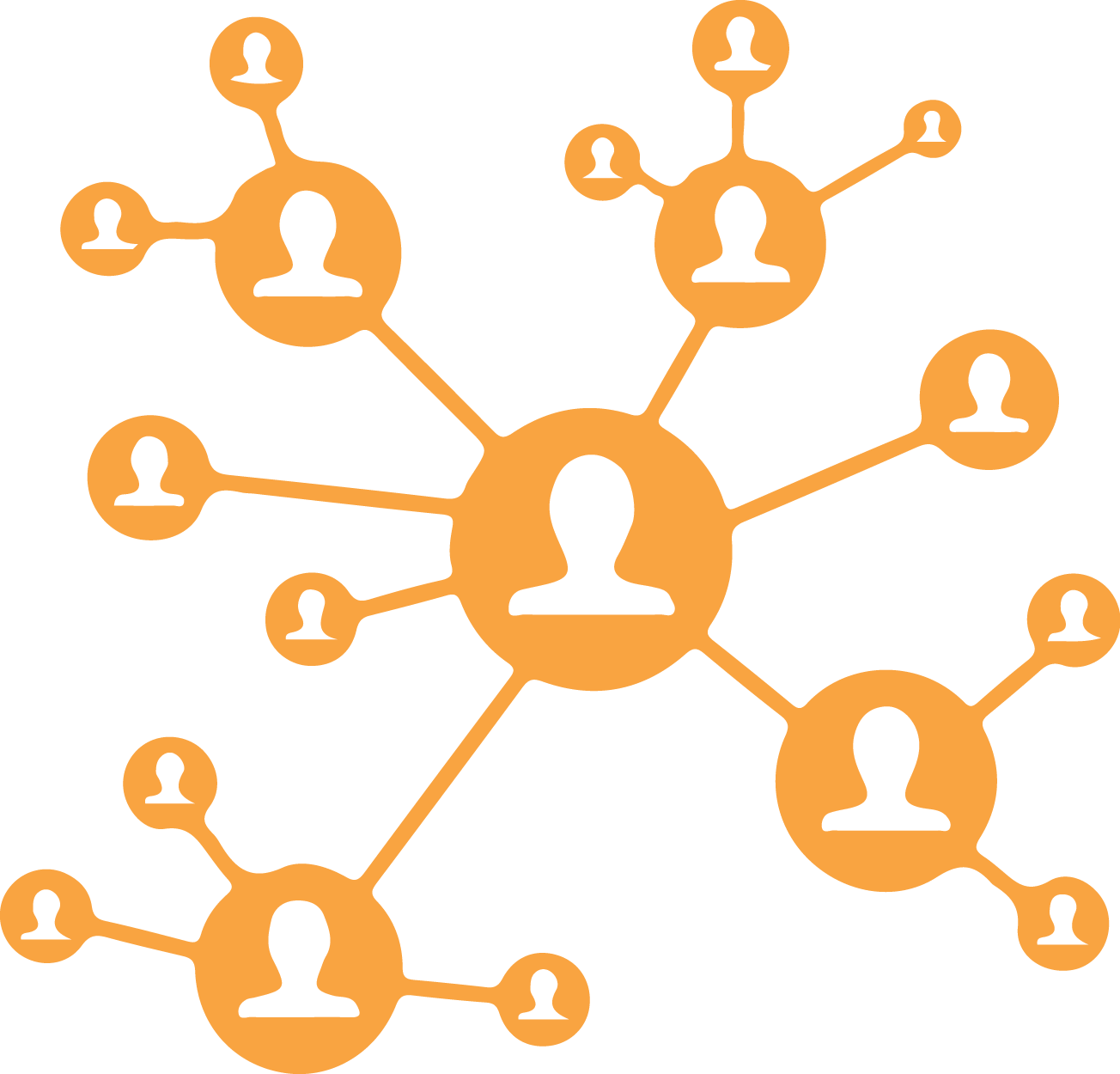Our aim
The Indlulamithi South Africa Scenarios 2030 project aims to produce a set of scenarios as a tool to draw a wide range of stakeholders into a dialogue that will help them understand the country’s options for building an inclusive society.
The aim of the exercise is to assist influential individuals and institutions to make informed long-term decisions and to trigger strategic action. At a national, regional and local level, the Indlulamithi scenarios can be used to improve planning capacity and enrich strategic public policy decisions.
The Indlulamithi scenarios will be published in mid-2018 and widely shared and discussed.
What is a scenario?
A scenario is a constructed story about a possible future. It is the product of formal research, expert insight and informed speculation.
Scenarios present probable or possible versions of the future in ways we might not have considered previously.
A scenario is not a plan or prediction based on statistical probability: it is a tool used to imagine the future.
In a context where there are many factors that need to be considered and the degree of uncertainty is high, scenario-building is a valuable approach. This is because it considers different ways in which critically important factors – or driving forces – might combine to produce divergent outcomes.
Why do we do scenarios?
Scenarios are planning tools that allow individuals and organisations to “create their own future”, enabling them to be proactive and focus their efforts towards attaining their desired future.
Through research and platforms for the exchange of expert insight, scenarios facilitate conversations that aim to understand a wide range of driving forces that will impact on the future. In the process, early signals of emerging social issues and potential hazards may be identified. Scenarios inspire focused thinking about the actions we need to take to secure a better future and to avoid hazards.
What is the impact of scenarios?
Informing policy making
Scenarios inform policy making by gathering intelligence on possible long-term developments and future risks and how these may interact with the policy matters that are currently under consideration.
Building networks
Scenarios bring together people from different sectors and institutions and involve them in a joint process of shaping the future. This creates collective understanding of the challenges and opportunities that decision makers are likely to confront.

Developing capabilities and building strategic vision
Exposure to the scenario process assists in developing the capabilities of participants from a variety of backgrounds, enabling them to undertake their own planning activities and assemble their own planning networks. Scenario building enhances strategic thinking, builds long-term vision and awakens a shared sense of commitment to this vision among participants.

